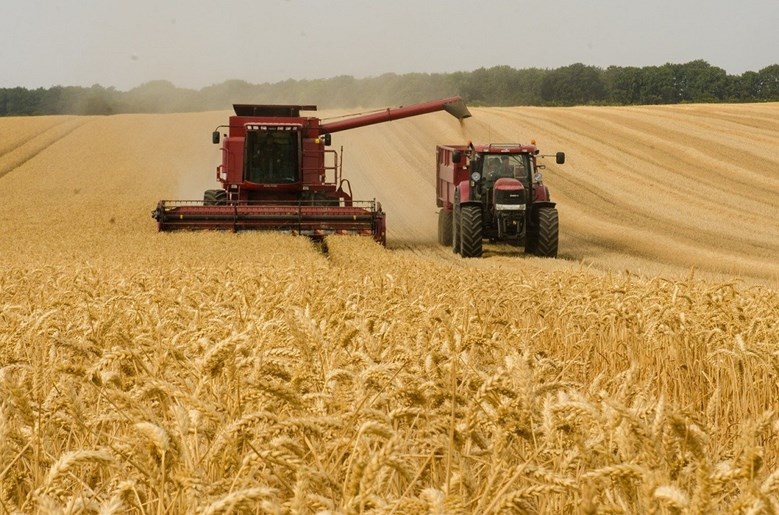Construction of world-leading UK Cryobank now complete

Wheat is one of six crops to have its microbiome held and curated as part of the UK Crop Microbiome Cryobank
The construction of the UK Crop Microbiome Cryobank (UK-CMCB) – the first publicly available resource of its kind anywhere in the world – is now complete after three years of painstaking research involving SRUC.
Led by CABI, scientists from the UK’s foremost agricultural research institutes created the facility to safeguard future research and enable sustainable yield improvement for six major food crops: barley, oats, faba bean, oil seed rape, sugar beet and wheat.
The UK-CMCB project, funded by UKRI BBSRC, brought together experts from CABI, Rothamsted Research, SRUC, James Hutton Institute and the John Innes Centre.
It uses state-of-the art cryo research techniques to preserve important crop microbiome samples obtained from different crops grown in a range of UK soil types. The resource also includes living microbial material as well as genomic and metagenomic sequences (DNA) from the crop root environment.
The facility – likened to a ‘Noah’s Ark’ of UK microbes – deployed UK-developed cryotechnology that uses liquid nitrogen to keep the valuable crop microbiome samples secure at very cold temperatures for generations to come.
All the resources were characterised using advanced DNA sequencing techniques. This allowed the scientists to discover what microbes – fungi, bacteria, archaea (single-celled microorganisms with structure like bacteria) and viruses – are present in the root microbiome and improve understanding of their function and potential to enhance crop growth.
Microbiomes are all the microbes present in any one ecosystem - in this case those associated with the roots of crop plants or in unplanted bulk soil. A beneficial microbiome should result in sustainably produced healthy plants, less dependent on agrochemical inputs and yielding better-quality food.
Dr Nicola Holden, Professor in Food Safety and leader of SRUC’s Food Security Challenge Centre – who is leading the genomics and bioinformatics team at SRUC and James Hutton Institute, said: “We now have a comprehensive resource that can be used to optimise crop production systems based upon a greater understanding of the composition of microbiomes and their functions.”
Posted by SRUC on 31/10/2023
